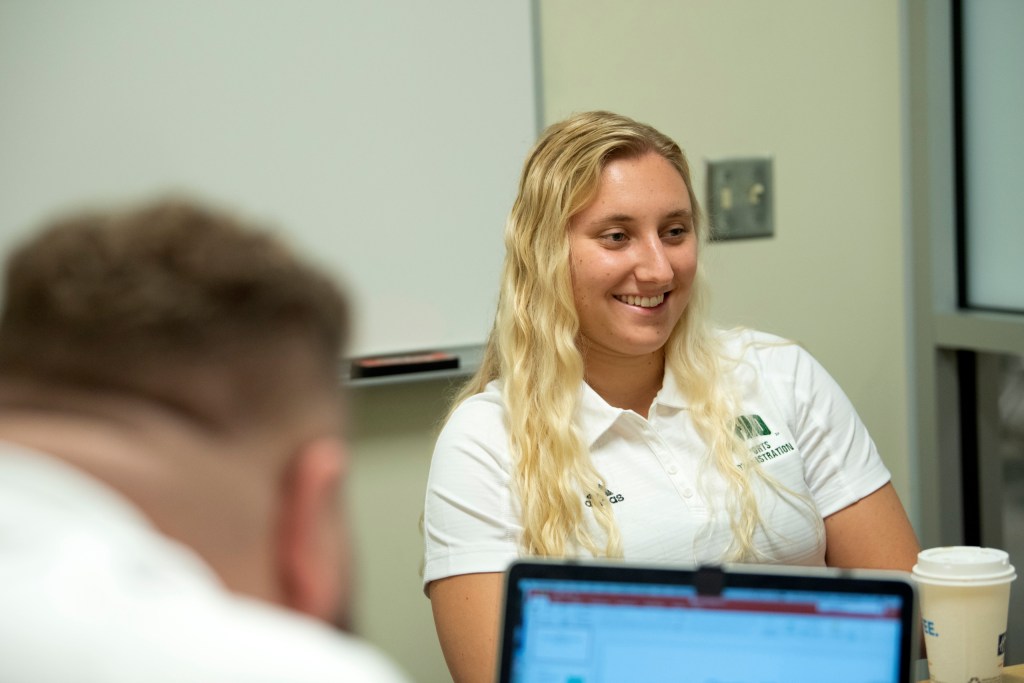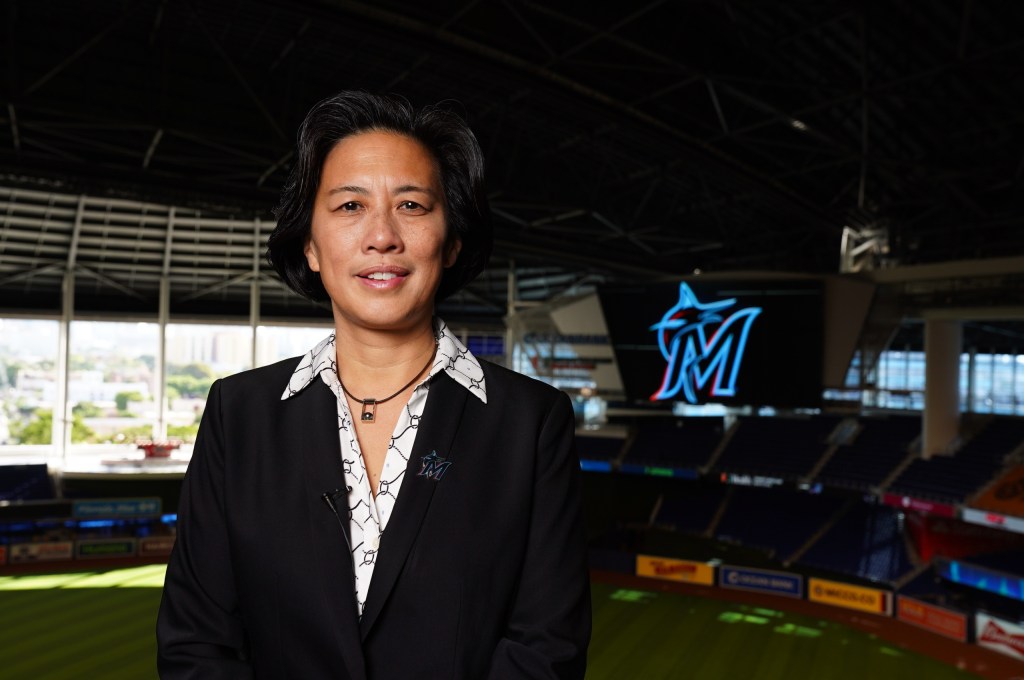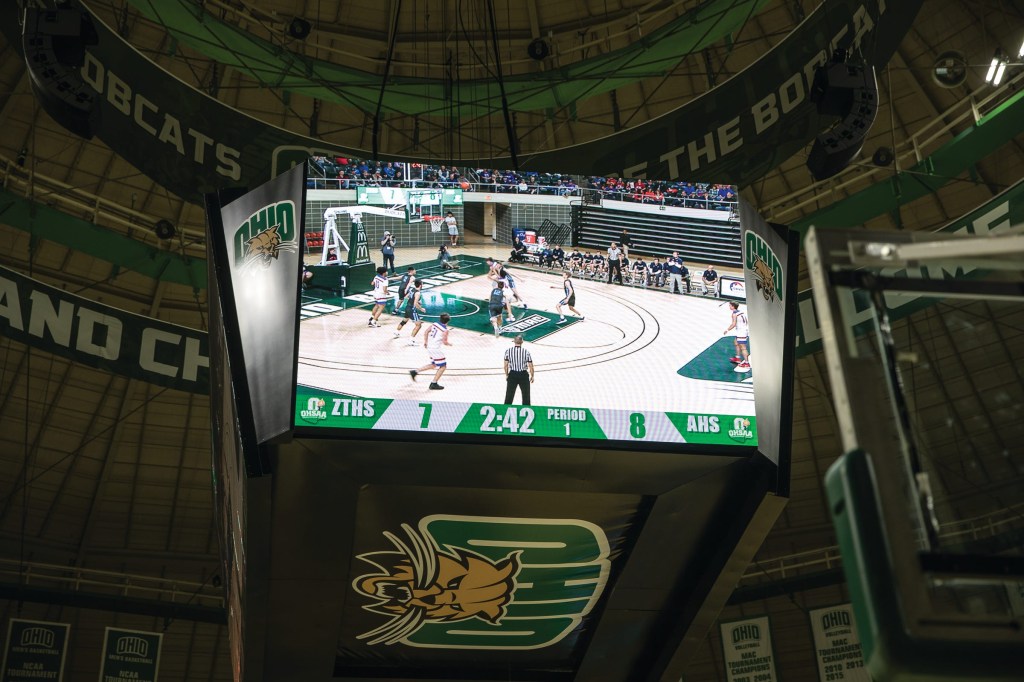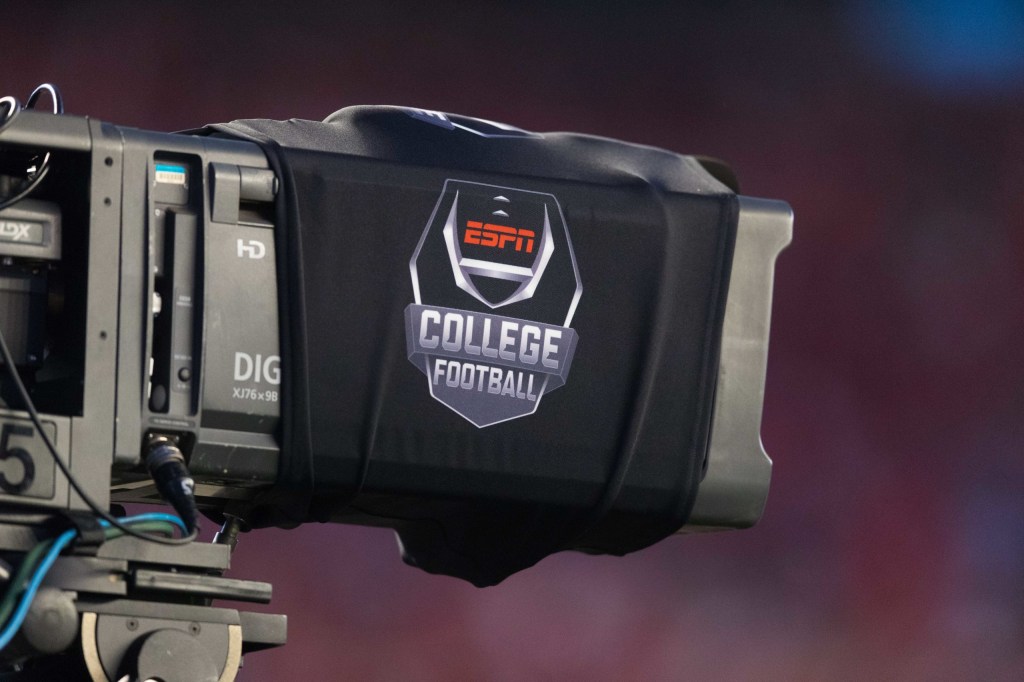
By: Luke Mohamed, @72Luke
In 2015, 57 million people played fantasy sports. Simultaneously, 45 million Americans were actively seeking a new job. The ultimate success in these areas would be winning the fantasy league and securing that dream job.
One key component of success for each of these events is preparation. For fantasy drafts and job interviews, there is nothing more evident than one’s level of (or lack of) preparation.
When it comes to being prepared for a fantasy sports draft, my good friend Zac Talmadge comes to mind. Zac arrives to our annual drafts having done multiple mock drafts, created custom rankings, and built player and team evaluation formulas.
Zac estimates that he spends 15–20 hours directly preparing for his fantasy drafts, along with countless other hours throughout the year reading and keeping up on fantasy news. His efforts have paid off, as he (much to my dismay) has won three of the past six championships amongst my friends.
Conversely, it is starkly noticeable if someone has NOT done his/her draft preparation. If you have participated in a fantasy sports draft, you can likely recall a fantasy manager who picks a player that is injured, retired, suspended, or has some other long-term deficiency that drastically reduces his value.
You know who I am talking about. This year it will be the person that drafts Peyton Manning, only to be told, “Um…you know he retired, right?” A quick Internet search would have revealed this information, but the manager was unprepared and unaware of this key (and widely known) piece of information. The end result is embarrassment for the manager and a mistake that may cripple his/her hopes for a league championship.
While some leagues may forgive the lack of preparation and allow the unprepared manager to select a different player, a job interview will be less forgiving.
Whether the interview is for your first internship or a full-time position, securing an interview is hard work in itself. Networking, researching, and applying for jobs are all part of the time consuming, and sometimes frustrating, process. When you finally land an interview, it is an accomplishment. You have made it through rounds of cuts and are among a small group being considered for the position.
Yet, while having an interview is the final step to securing your new position, interviewees are often woefully unprepared. Below are a few interview preparation tips, along with a fantasy sports draft parallel.
Do Your Basic Homework:
Fantasy Sports: Google “Peyton Manning” before drafting him. Trust me.
Job Interview: Google the organization before your interview. You should know any major recent news involving the organization. As it relates to sports, know if they are in-season, where they play home games, etc.
Prepare Well In Advance:
Fantasy Sports: Buying a fantasy sports magazine is great preparation, but not when you are purchasing en route to the draft.
Job Interview: Visiting an organization’s website and social media accounts is great first step for preparation, but not when you are doing it in the lobby waiting for your interview.
Have your first-round pick prepared:
Fantasy Sports: The first-round pick is perhaps the most important pick, but should also be the easiest pick when preparing. If you are struggling to make your first selection, the rest of the draft will only get worse.
Job Interview: Be prepared to answer the basic questions. “Why did you apply for this position?” and “What can you tell me about yourself?” are the first-round picks of job interviews. These should be the easiest for you to answer, but are some of the most important. An inability to explain why you applied for a position or say something about yourself is a red flag for an interviewer.
Know the Interviewer:
Fantasy Sports: Who have your opponents drafted? What positions do they need? This will help you cater your draft strategy.
Job Interview: Research the interviewer. Do you have mutual interests or connections? What skill sets does the job require? This will help you cater your interview strategy. Understanding the career path of the interviewer and skills desired for a job represent a huge advantage.
Have a sleeper pick:
Fantasy Sports: Go beyond standard preparation. Show you really want to win the league by having deeply researched players that you think will become stars. You will impress even the most seasoned fantasy manager if you discover a good player that they had not considered.
Job Interview: Go beyond standard preparation. Show you really want the land the job by having a few deeply researched questions or ideas that you think will help the organization. You will impress even the most seasoned interviewer if you develop a good question or idea that they had not considered.
Be Excited:
Fantasy Sports: Why are you participating in fantasy sports if you are not excited for the draft?
Interview: Why are you applying for a job if you are not excited for the interview?
Follow Up:
Fantasy Sports: After the draft, review any undrafted players. There may be a star player that everyone else overlooked. Demonstrate you want to win the league by being persistent after the draft.
Interview: After the interview, review your notes and send thank you notes. Demonstrate you want to land the job by being persistent after the interview. You can be the star candidate that your dream company won’t overlook.
Use these tips to win your fantasy league and land your dream job. Good luck!

















